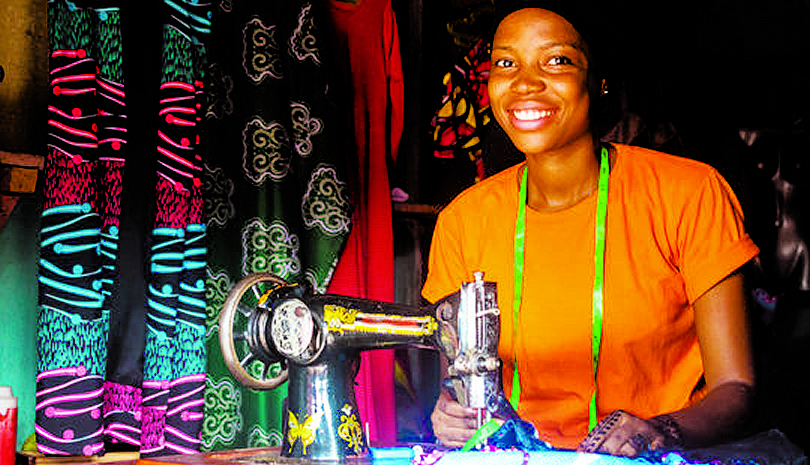By Bishop Arnold Muwonge
The Roman writer, philosopher and politician, Cicero, was right when he stated: “Within the character of the citizen lies the welfare of the nation.”
His understanding of how an individual shapes the collective, raises an interesting and challenging question. While we educate our children, what kind of citizens are we raising and how does that influence the content of our curricula?
So, the question is not merely, ‘Are we educating the next generation of doctors?’ It is rather, ‘what kind of doctors are we raising up?’ The pupils themselves do not wonder whether they will choose to become lawyers, teachers, entrepreneurs or fashion designers; but what kind of professionals they will become and what character they will display in their chosen profession.
The holy book gives us a fascinating insight into what it means to prosper.
“When an upright person prospers, the city rejoices” (Proverbs 11:10). There is supposedly a direct correlation between the character of citizens and the well-being of the state. When we employ our talents strategically and steward our time, gifting and influence for the common good, it benefits our communities.
The community at large rejoices. Whether we are teachers, lawyers, coffee shop attendants or parents, our character can help shape the patterns of life, work and relationship towards the welfare of all.
For example, character is displayed in an entrepreneur who employs ex-detainees that deserve a second chance at life; in a baker whose apprenticeship programmes are particularly aimed towards young women who were victims of abuse; in a lawyer who ensures that a significant portion of the practice is pro bono so that the poor get justice; in a designer who creates products that improve the quality of life for the unfortunate and the marginalised; in a medic who dedicates one day a week to those with little access to healthcare.
These are the kind of professionals who shape the character of their vocation in a way that exceeds basic standards or expectations and draws everyone in the well-being, in which they can flourish.
The wisdom proverb gives us a different perspective on what it means to prosper. Prospering has a direct correlation to the wellbeing and joy of the wider community.

SUCCESS STORIES
It means that we tell alternative stories and celebrate new heroes. Success is not necessarily displayed in people who pose in their new 4X4 cars, but in those who have provided bicycles to villagers expecting only to see the happiness of others in return.
Success is not necessarily displayed in those who wear the latest trendy attire, but those who have kitted out every junior football club in town with new shoes.
Society defines millionaires based on how much cash one has, but perhaps we need to redefine them, not as someone who owns a million but instead as someone who has given away a million. A successful church leader is not someone who has built the biggest cathedral and a lawyer is not the one who services the richest, but those who advocate for the most vulnerable.
Social Structures
As people who are active in our professions, our community and our churches, we see gaps emerging in our society in the wake of the COVID-19 pandemic. To build back differently we need to observe the present closely. Where has the horizon closed in on people? How do we humanise structures and how do our current roles seek the well-being of the town? How can our education, words, works of compassion and justice shape a new economic wisdom?
How do we shape character in our professions and our citizenship that is sparked by a relational view of prospering and an enduring faith in a greater justice?
Let us dream of what society and education could look like when we know that within the character of the shopkeeper, accountant, seamstress, nurse, farmer and grandparent lies the security of our nation.
Personally, I am committed to educating a generation of compassionate and empathetic children who are proficient in their academic studies and who will be exemplary aspirational citizens and professionals, shaping the character and prosperity of their communities and nation.
How Is Character Formed?
So how does our curriculum contribute to the formation of character? Do we teach empathy, compassion, kindness, generosity and justice? Are we raising the next generation of citizens with a heart for neighbourliness?
And it begs the question: who do we honour and give awards to at the end of the academic year?
Are the recipients solely the pupils with the highest marks or do we equally award and celebrate the kindness in a student?
What paradigms are we teaching our children when we consider what success looks like in adulthood? What set of values can we teach that will become the driving force in their adult life as citizens, leaders and professionals?
The writer is the founder and director of Destiny Bridge Primary School and Stride High School, Wakiso town council

